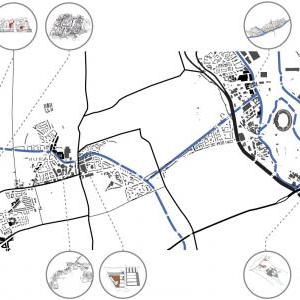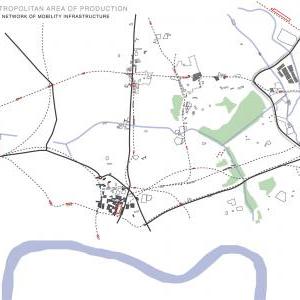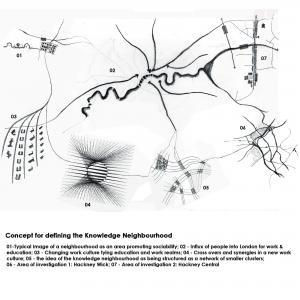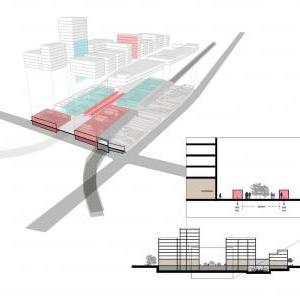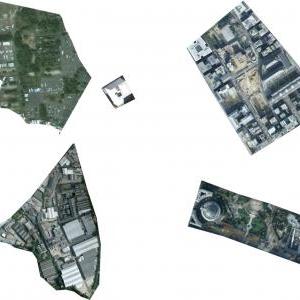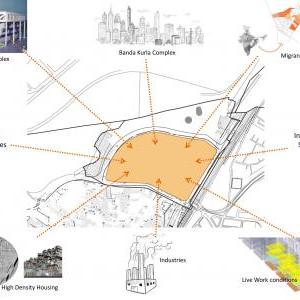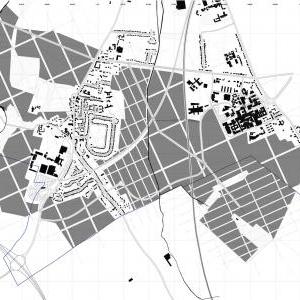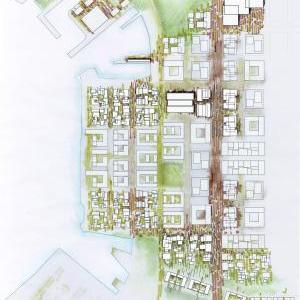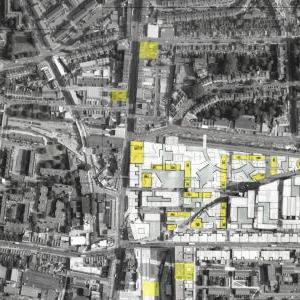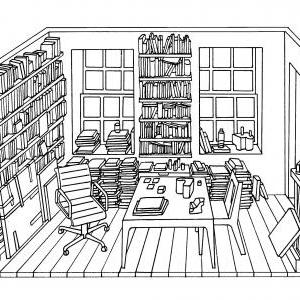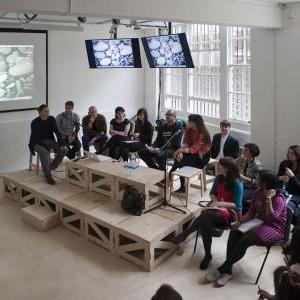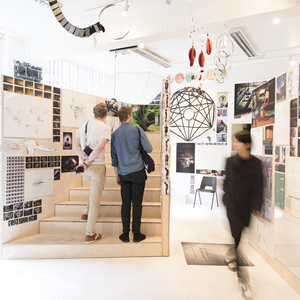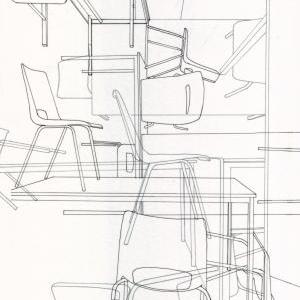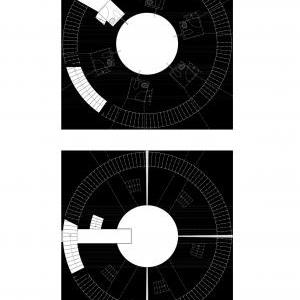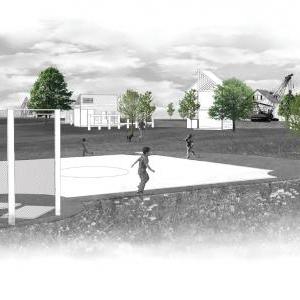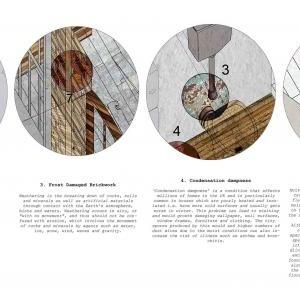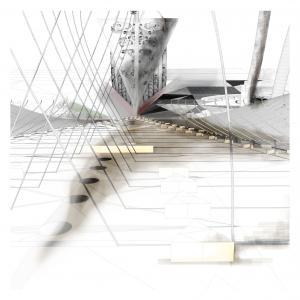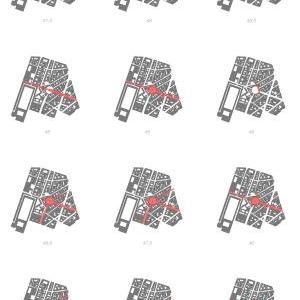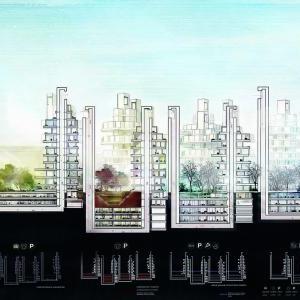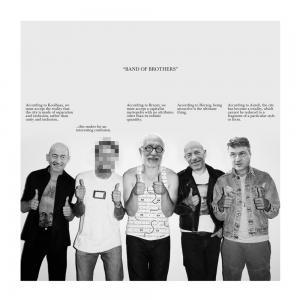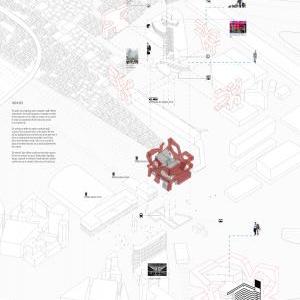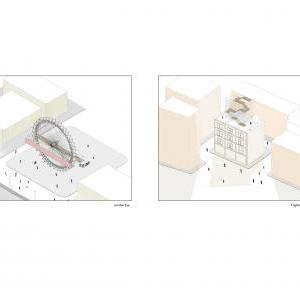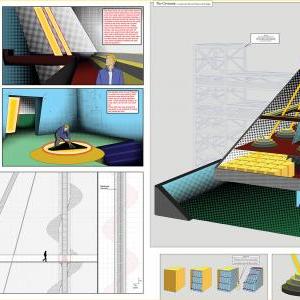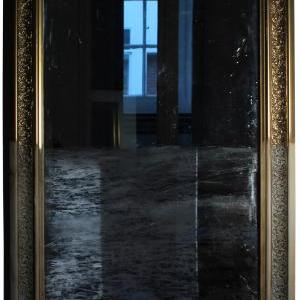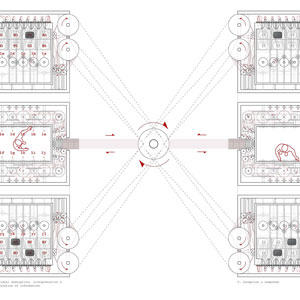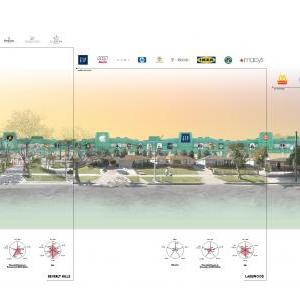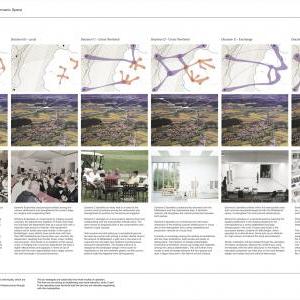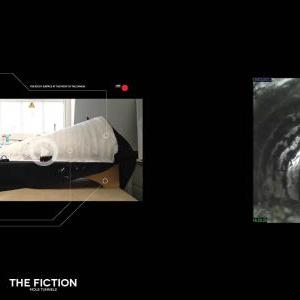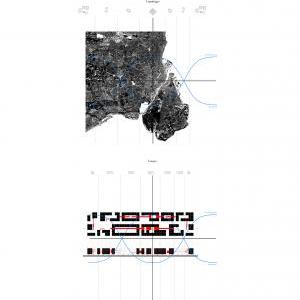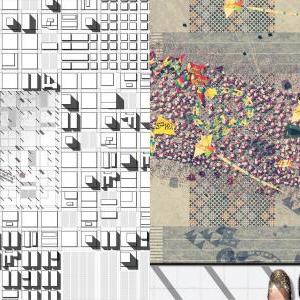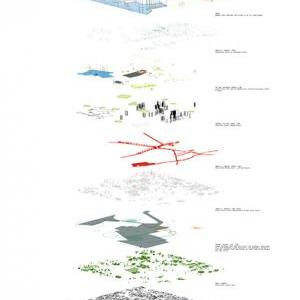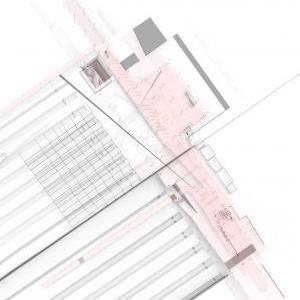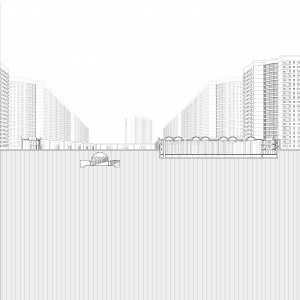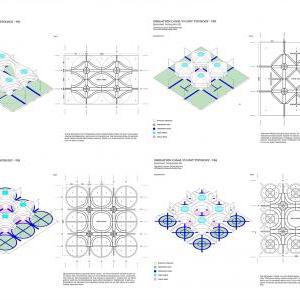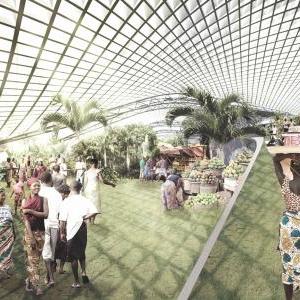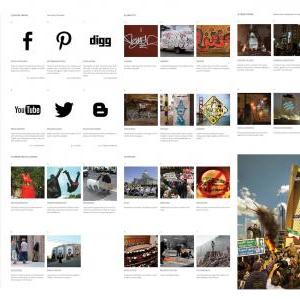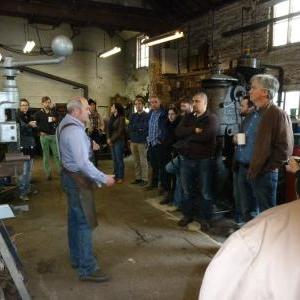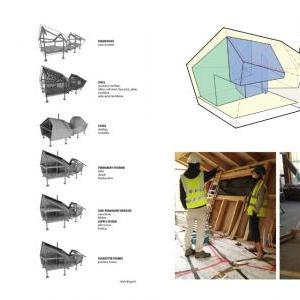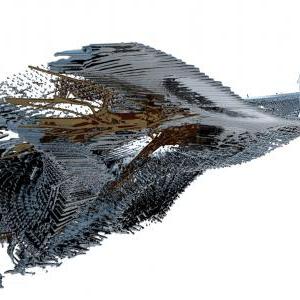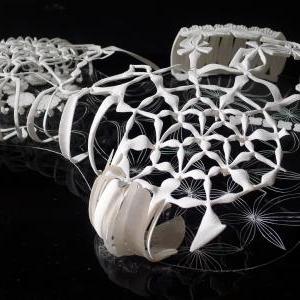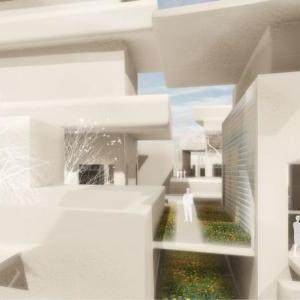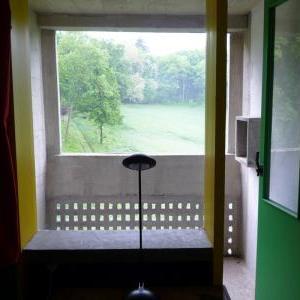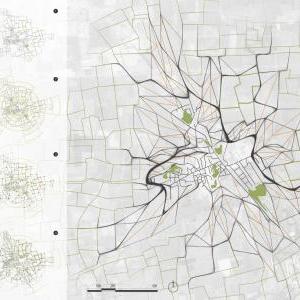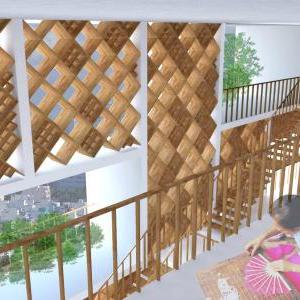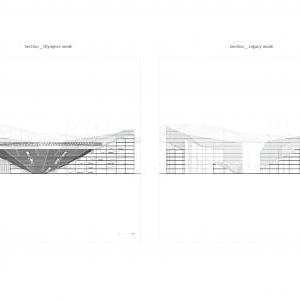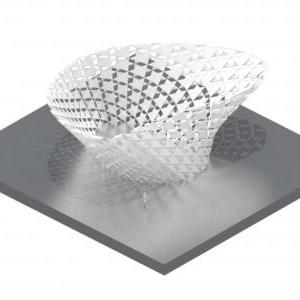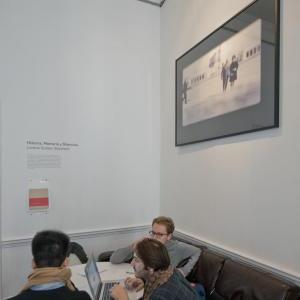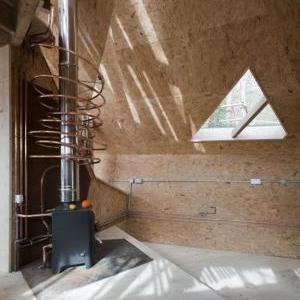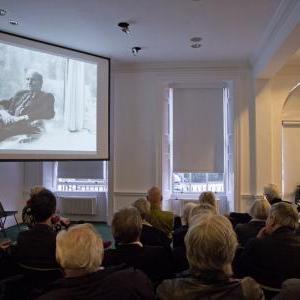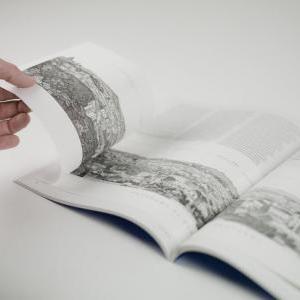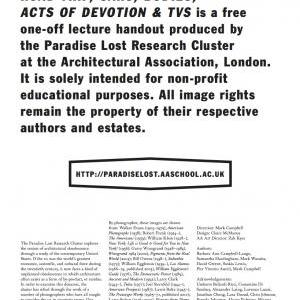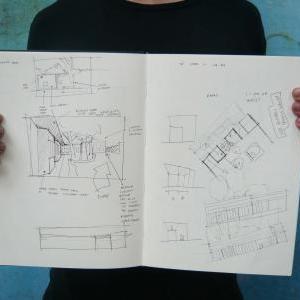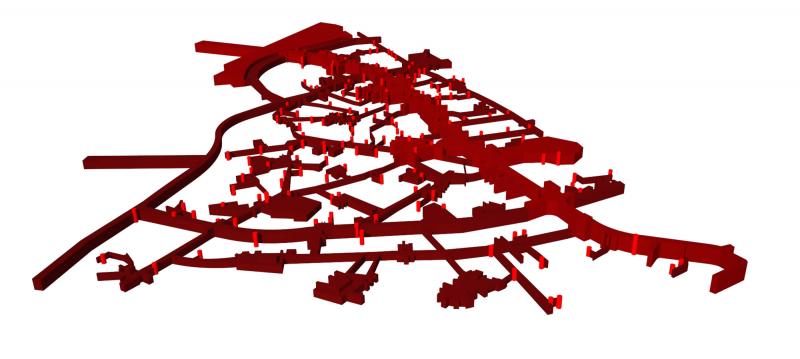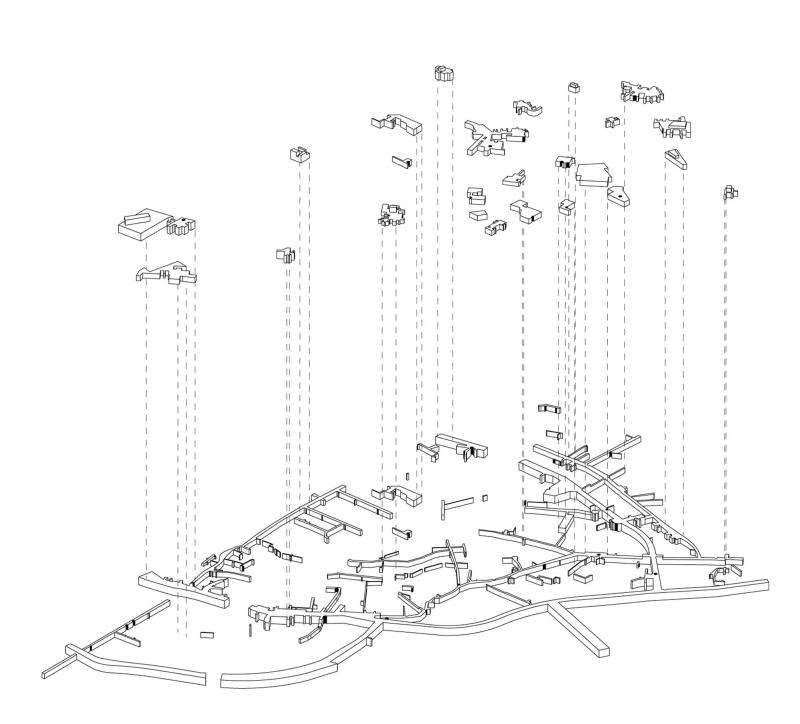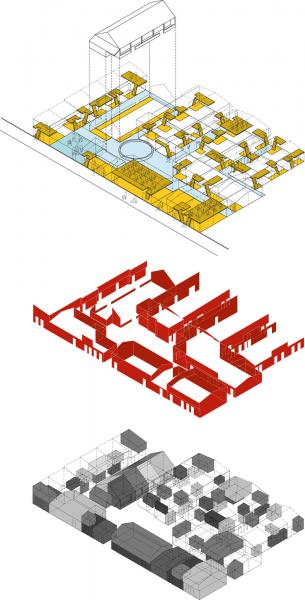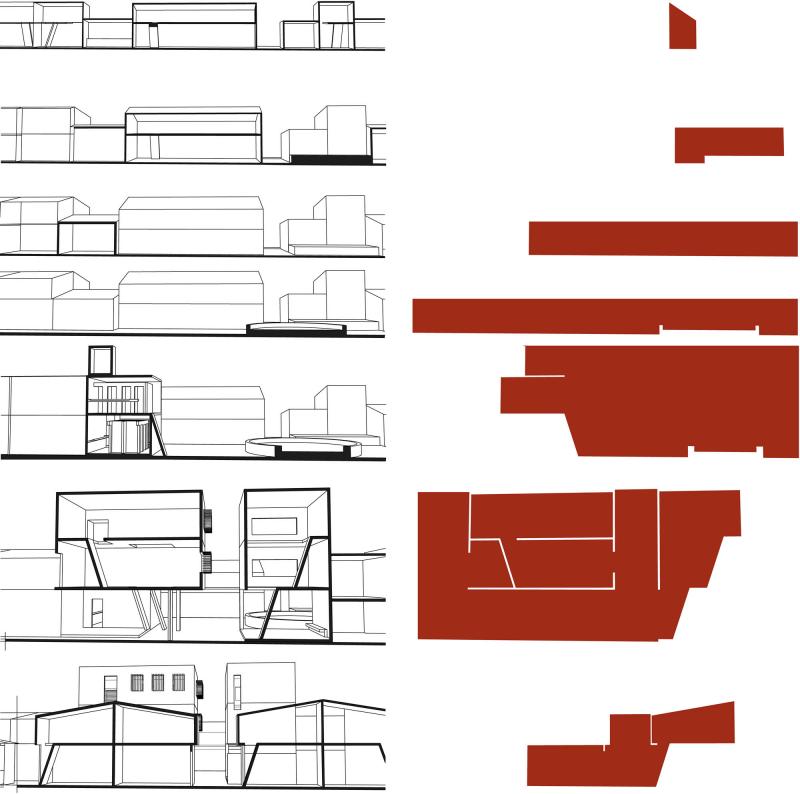The Housing and Urbanism Programme applies architecture to the challenges of contemporary urban strategies. Today’s metropolitan regions show tremendous diversity and complexity, with significant global shifts in the patterns of urban growth and decline. The programme investigates how architectural intelligence advises us to understand and respond to the changing urban condition. Housing is explored both as a major critical aspect of urbanism and as a means to reflect upon changing ideas of living space and domesticity, identity and public space.
Offering a 12-month MA and a 16-month MArch, the programme engages with cross-disciplinary research as well as applicable design work. It combines design workshops, lectures and seminars, and a final MA thesis or MArch project, which consists of detailed individual work. The programme explores the interplay between graphic tools and writing in order to develop ideas and research about the urban condition and to develop skills for intervening as urbanists through spatial design.
There are three current research themes of H&U work: the role of urbanism in enhancing ‘innovation environments’ and ‘knowledge-based’ clusters; the idea of living space and housing, along with issues of mix, density and urban intensification in which architecture is viewed dynamically in relation to a process of urbanisation; and the exploration of an appropriate urbanism that address irregularity and informality allowing engagement with the interaction of spatial strategies and urban social policies.
This year’s design workshops have taken place in the Fitzrovia area of central London; in the Lea Valley in east London; and in Taiwan – collaborating with the National Cheng-Kung University. These design workshops have addressed the processes of urban development related to knowledge-based economies, and the potential for synergies between existing and new urban cultures. The programme’s work was complemented by a study visit to the Netherlands.
As with previous years, the work of the H&U programme forms the foundation for international collaborations and publications.
MArch theses - Informality as Method
Informality as a method emerges as a means to provide design tools, learning from the existing dynamics of the informal sector, to propose a model that responds to rapid changes and reduces poverty and urban inequality. A method that tests the role of spatial strategies, urban planning and design instead of relying on site clearance in order to develop a complex integrated spatial system. Mumbai, and most specifically the case of Dharavi, its largest informal settlement, is the research ground for this work due to its symbiosis with the formal city and its unique productive capacity that absorbs a large number of recently arrived urban poor and quickly integrates them into the city’s dynamic economy.
This project aims to learn from informal settlements in order to accommodate rapid development through an adaptable environment that can respond to changes and absorb growth with a limited amount of resources. Taking Dharavi as an example, a strategy of Dedensification, Relocation, Requalification, New Connections and New Uses aims to learn from its informal logic in order to strategically link formal and informal territories through the interaction with other urban agents – the Bandra Kurla Complex and the University of Mumbai.
